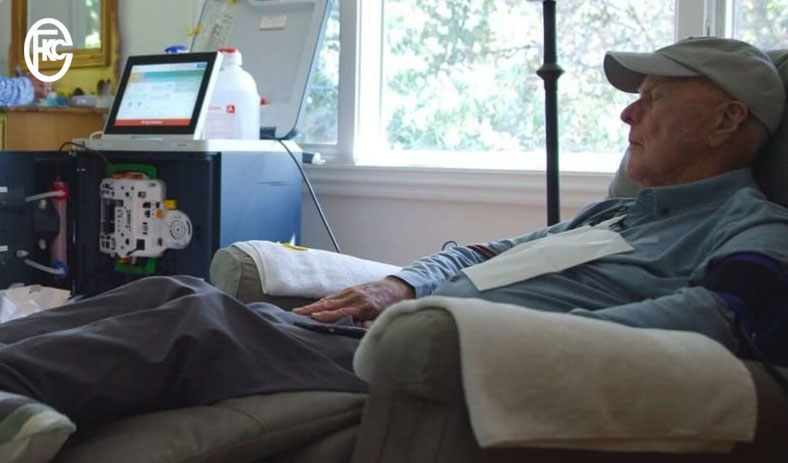
Overview:
Home hemodialysis is a treatment option for individuals with advanced kidney disease who are unable to undergo traditional, in-center hemodialysis. It allows patients to manage their own treatment at home, giving them more independence and flexibility. However, it also requires patients to take responsibility for their own health and wellness.
Here are some following tips for self-care and monitoring during home hemodialysis:
1. Follow your treatment schedule:
Stick to your prescribed treatment schedule and ensure that you are completing your hemodialysis sessions as recommended. Consistency is key in managing your health.
2. Monitor your fluid intake:
Keep track of your daily fluid intake and follow any fluid restriction guidelines provided by your healthcare team. Fluid overload can lead to complications, so it's important to monitor and control your fluid intake.
3. Monitor your weight:
Weigh yourself before and after each dialysis session to monitor any fluid gains or losses. Sudden weight gain can be a sign of fluid retention, while rapid weight loss may indicate too much fluid removal during dialysis.
4. Monitor your blood pressure:
By using a home blood pressure monitor to regularly check your blood pressure. High blood pressure can strain your heart and kidneys, so it's important to keep it under control.
5. Take medications as prescribed:
Follow your medication regimen as prescribed by your healthcare team. This may include medications to control blood pressure, prevent infection, and manage other health conditions. It's crucial to take your medications consistently to ensure their effectiveness.
6. Monitor your dialysis access:
If you have an arteriovenous (AV) fistula or graft, regularly check for any signs of infection or blockages. Look for redness, swelling, tenderness, or unusual discharge around the access site. Report any concerns to your healthcare team immediately.
7. Practice good infection control:
Follow proper hand hygiene, disinfection, and sterile techniques when connecting or disconnecting your dialysis lines. This helps reduce the risk of infection. It's also important to keep your dialysis equipment and supplies clean.
8. Maintain a healthy diet:
Follow a kidney-friendly diet as recommended by your dietitian. This typically involves limiting sodium, phosphorus, and potassium intake. A balanced diet can help manage your overall health and kidney function.
9. Stay active:
Engage in regular physical activity to maintain overall health and improve circulation. Consult with your healthcare team about appropriate exercises for your condition.
10. Communicate with your healthcare team:
Stay in close contact with your healthcare team and report any concerns or changes in your health.
Conclusion:
Managing your health during home hemodialysis requires diligence, consistency, and open communication with your healthcare team. By following these tips for self-care and monitoring, you can take an active role in your treatment and ensure the best possible outcomes for your health and well-being.